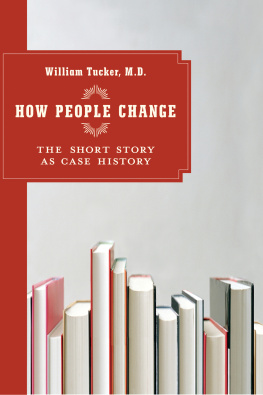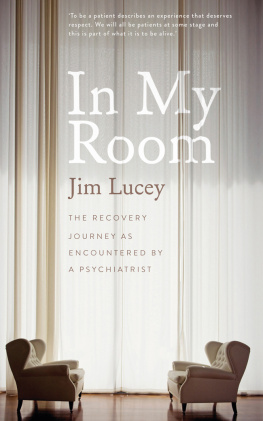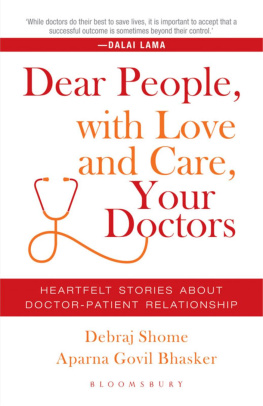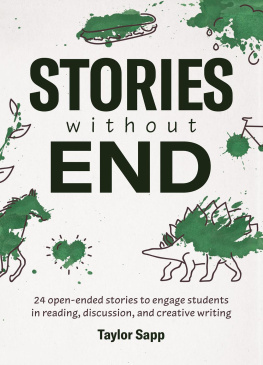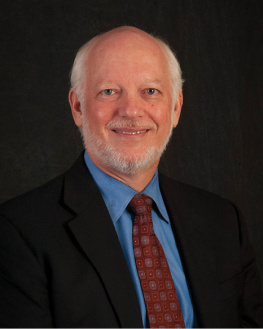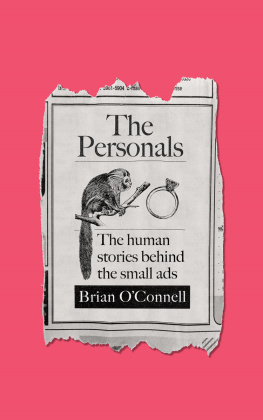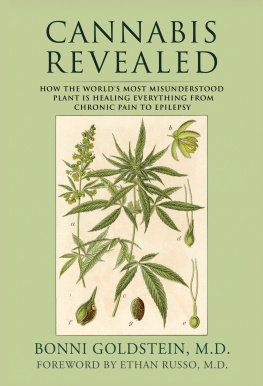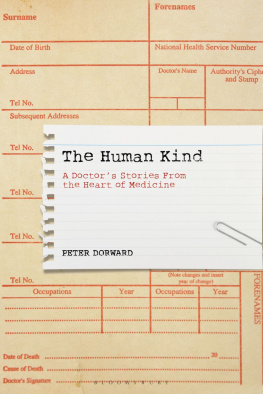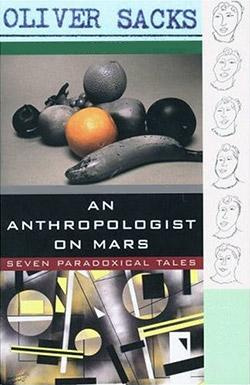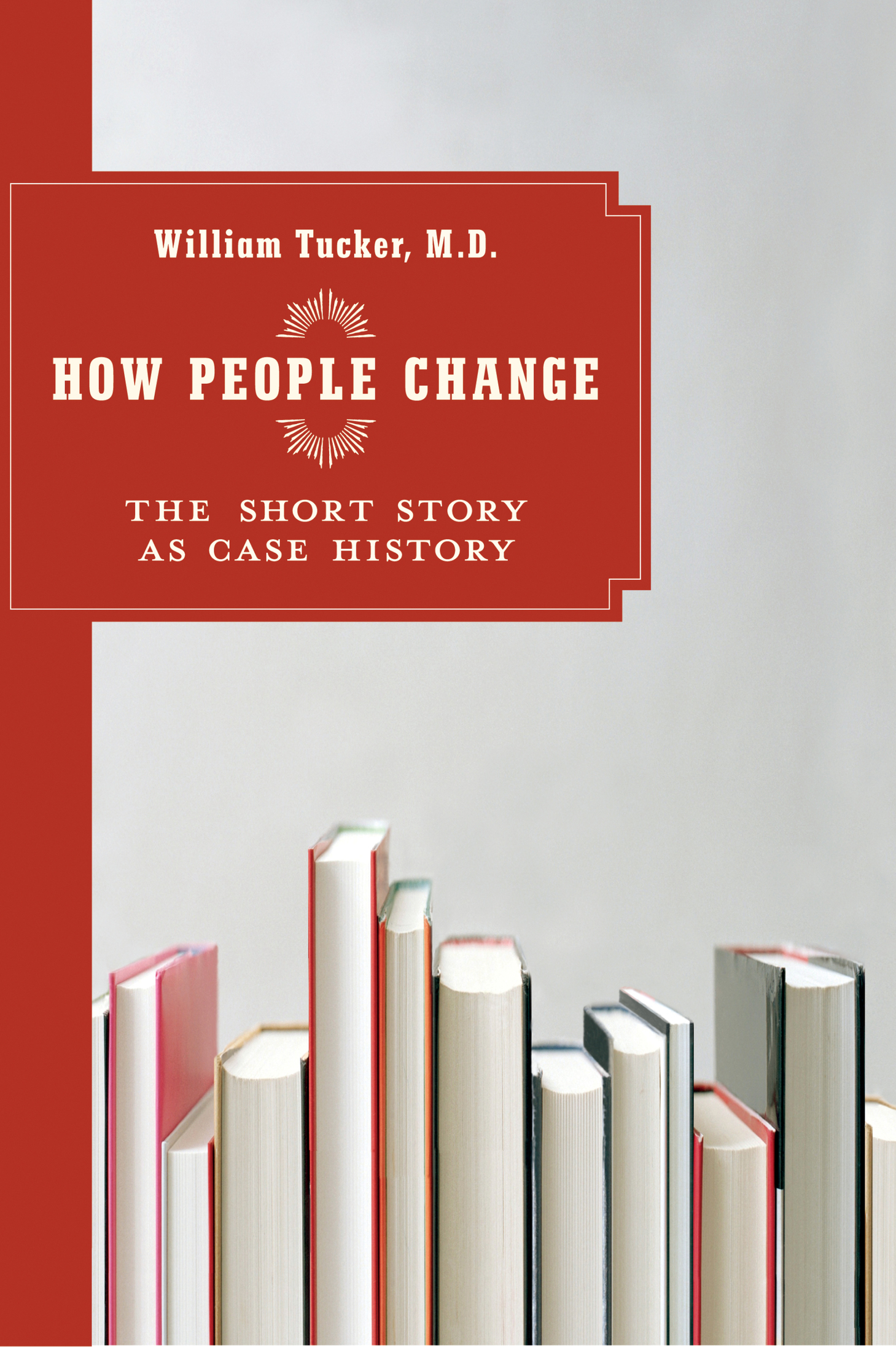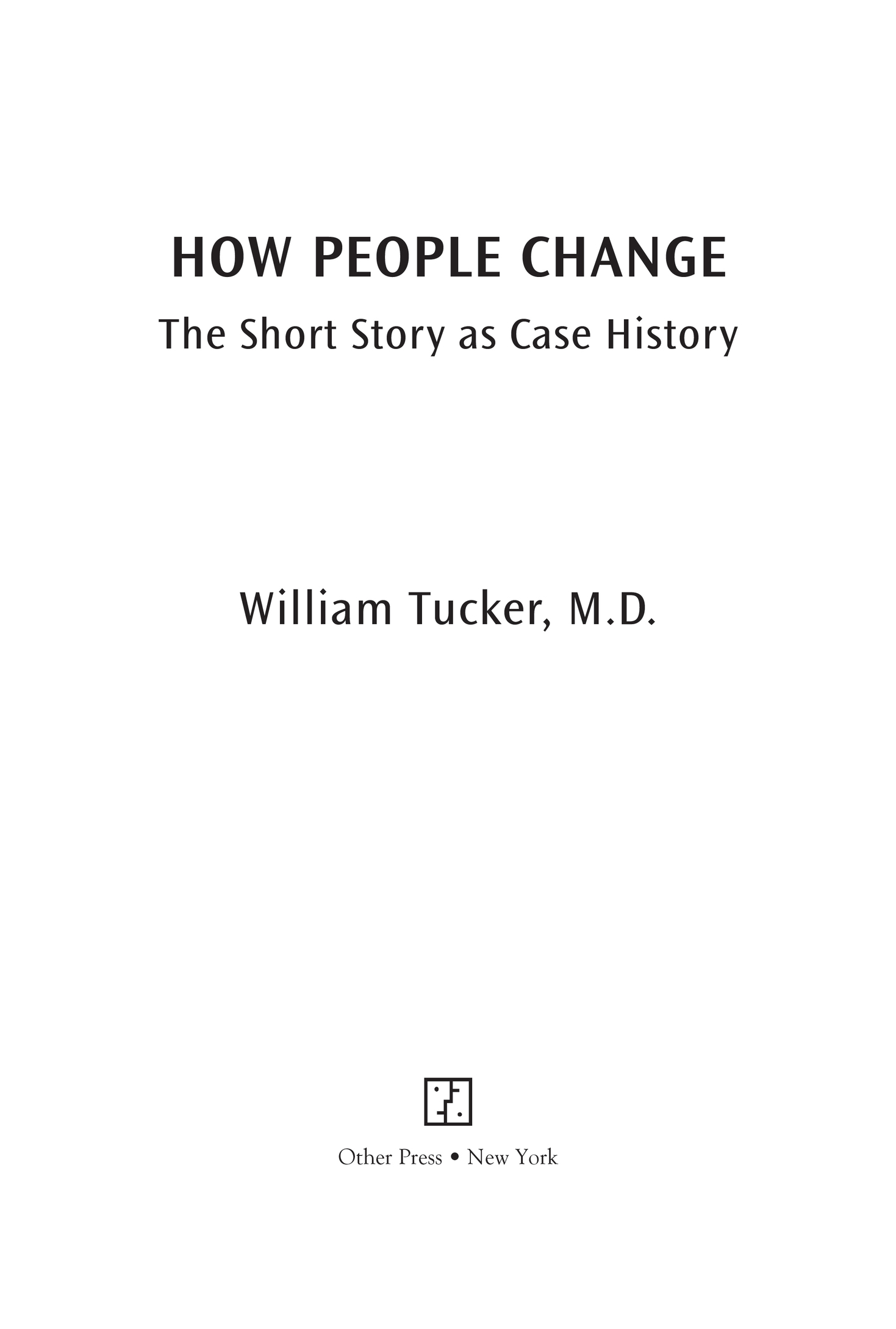William Tucker - How People Change: The Short Story as Case History
Here you can read online William Tucker - How People Change: The Short Story as Case History full text of the book (entire story) in english for free. Download pdf and epub, get meaning, cover and reviews about this ebook. year: 2019, publisher: Other Press, genre: Art. Description of the work, (preface) as well as reviews are available. Best literature library LitArk.com created for fans of good reading and offers a wide selection of genres:
Romance novel
Science fiction
Adventure
Detective
Science
History
Home and family
Prose
Art
Politics
Computer
Non-fiction
Religion
Business
Children
Humor
Choose a favorite category and find really read worthwhile books. Enjoy immersion in the world of imagination, feel the emotions of the characters or learn something new for yourself, make an fascinating discovery.
- Book:How People Change: The Short Story as Case History
- Author:
- Publisher:Other Press
- Genre:
- Year:2019
- Rating:4 / 5
- Favourites:Add to favourites
- Your mark:
How People Change: The Short Story as Case History: summary, description and annotation
We offer to read an annotation, description, summary or preface (depends on what the author of the book "How People Change: The Short Story as Case History" wrote himself). If you haven't found the necessary information about the book — write in the comments, we will try to find it.
For most people, the quickest route to wisdom, other than experience, is through stories. Stories speak across generational lines and cultures, emphasize the universality of human experience, and offer insight into the dynamics involved in unfamiliar situations.
Freud and D.W. Winnicott were among the few psychiatrists able to write case histories emblematic of the vicissitudes of the human condition. As a rule, the technical and dry approach of the psychiatric literature is not fit to teach doctors how to connect to their patients suffering because it privileges pathological categories over experience. Tucker, therefore, turns to the drama and conflicts of fictional characters, to restore the human dimension of medicine and to entice practitioners to grasp the emotional and intellectual layers of the particular situations in which their patients are entrapped. The sixteen stories selected here are analyzed to show how they illustrate the process of change, as defined by Erik Eriksons description of the life cycle. Some of these stories include Gooseberries by Anton Chekhov, The Dead by James Joyce, and Her First Ball by Katherine Mansfield. Physicians and medical students can turn to these narratives as examples of how others have dealt with challenges and debilitating conditions, and encourage their patients to follow similar paths to bring about change in their lives.
William Tucker: author's other books
Who wrote How People Change: The Short Story as Case History? Find out the surname, the name of the author of the book and a list of all author's works by series.

